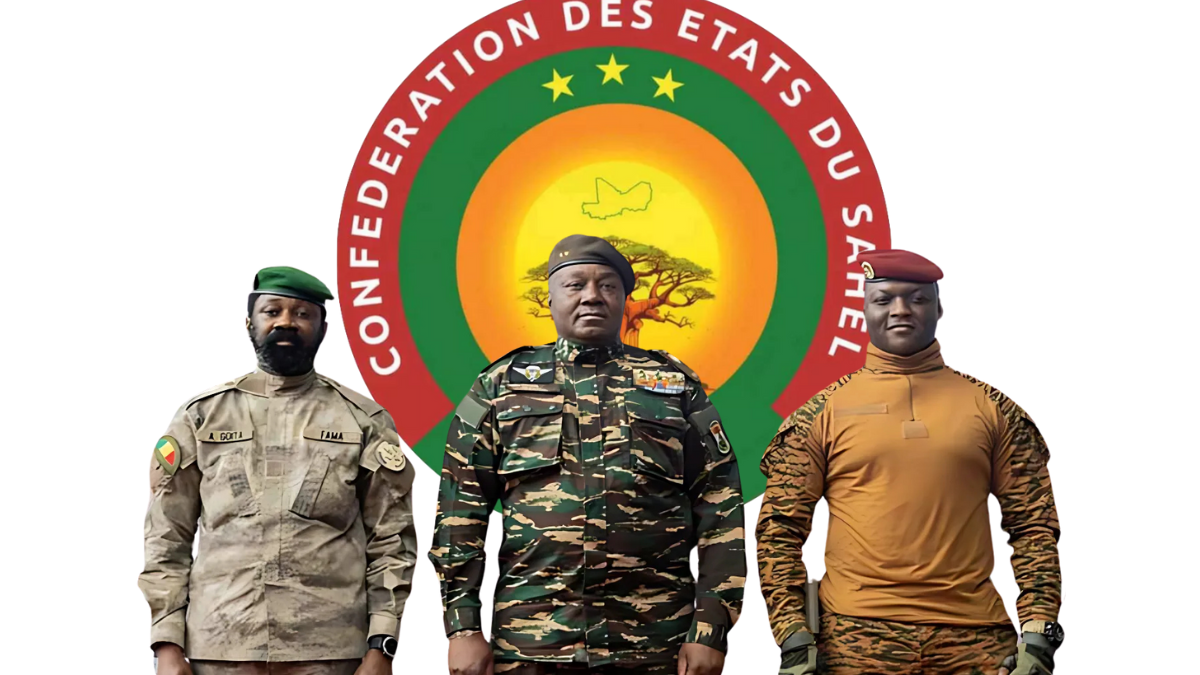The fragile security landscape of the Sahel is undergoing a seismic shift as Niger, Mali, and Burkina Faso continue to deepen their military alliance, signaling a decisive break from Western influence and a growing pivot toward Russia and other non-Western powers.
This tri-national coalition, officially formed in 2023 following a wave of military coups, has consolidated under the Alliance of Sahel States (AES) — a mutual defense pact aimed at combating terrorism and foreign interference. But beyond counterterrorism, analysts say the alliance represents a broader geopolitical realignment that could redraw the strategic map of West Africa.
From French Dependence to Sovereign Defense
For decades, France and other Western nations maintained a strong military presence in the region under the guise of counterinsurgency operations against jihadist groups linked to Al-Qaeda and ISIS. However, mounting public anger over perceived neocolonialism, civilian casualties, and the failure to quell insecurity fueled widespread protests and political upheaval.
In recent years, juntas in Mali, Burkina Faso, and most recently Niger have expelled French forces, shuttered Western bases, and suspended long-standing defense agreements. In their place, these states have moved swiftly to forge deeper ties with Russia, reportedly engaging the Kremlin-linked Wagner Group for military training, arms supply, and tactical support.
A New Sahel Order
Military leaders across the alliance say the move is necessary to reclaim sovereignty and reshape a security architecture more attuned to regional realities.
“We will no longer be dictated to by foreign powers who failed to deliver peace,” declared Niger’s junta leader, General Abdourahamane Tchiani, in a recent address.
The AES alliance now operates under a collective security doctrine, including shared intelligence, joint military exercises, and cross-border operations. It also extends into political cooperation, with unified stances on regional governance, resistance to ECOWAS sanctions, and an increasingly anti-Western rhetoric.
Geopolitical Ripple Effects
This growing axis has triggered alarm in Western capitals and ECOWAS headquarters in Abuja, where leaders warn of increasing instability and the erosion of democratic norms. The alliance’s departure from the ECOWAS bloc has further complicated diplomatic efforts and peacebuilding frameworks.
Meanwhile, Russia’s deepening involvement — both overt and covert — is raising fears of a new proxy battleground between East and West in Africa. Moscow has welcomed the partnerships as part of its broader Africa strategy, offering military aid, grain deals, and diplomatic backing on the global stage.
China, too, is watching closely, as it remains a key economic player in the region but has so far stayed clear of direct military engagement.
What Lies Ahead?
The Sahel remains one of the world’s most volatile regions, with armed groups controlling vast swathes of territory, millions displaced, and humanitarian needs growing. While the AES alliance claims early success in reclaiming areas from insurgents, independent verification is scarce, and many fear that human rights abuses and authoritarianism are increasing under the guise of national security.
As Niger, Mali, and Burkina Faso chart a new course, the world is watching. Whether this alliance will deliver lasting peace or plunge the Sahel into deeper isolation and militarization remains an open question — but one with global implications.





